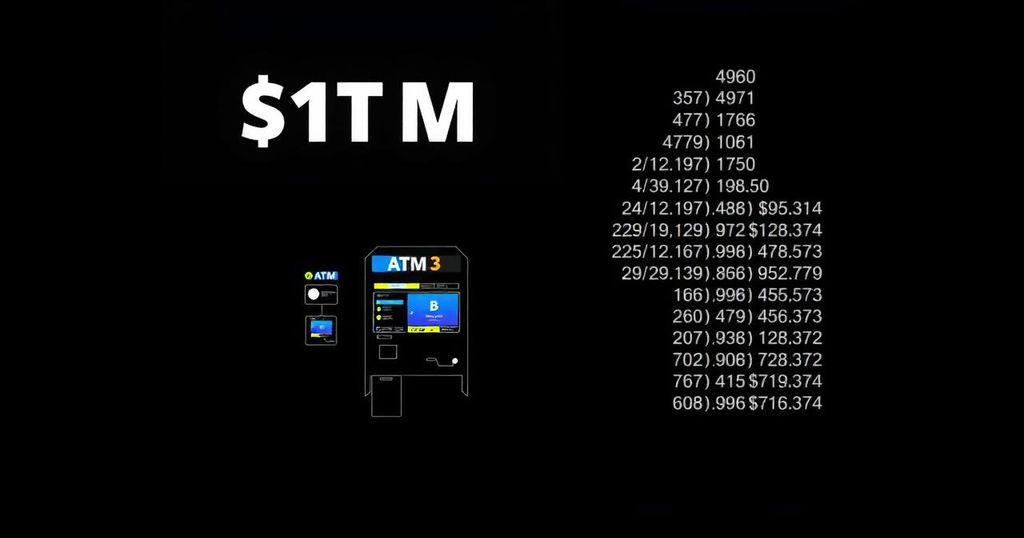The Rising Threat of Bitcoin ATM Scams: Over $65 Million Lost in 2024
Summary
Bitcoin ATM scams are surging, leading to losses of over $65 million in the first half of 2024. The FTC reports these scams often involve impersonation tactics, targeting victims through misleading communications. Elderly individuals represent a significant portion of affected victims, with preventative advice from the FTC urging caution and verification in financial dealings.
Bitcoin ATM scams are increasingly prevalent, with individuals losing substantial amounts of money to these fraudulent activities. Known as BTMs, these ATMs facilitate the purchase and transfer of cryptocurrency. However, they have become instruments for unscrupulous individuals to commit theft. According to the Federal Trade Commission (FTC), the losses attributed to these scams have exceeded $65 million in the first half of 2024 alone. The majority of these fraudulent incidents involve various schemes, including impersonation of government officials, businesses, and tech support. Scammers often initiate contact through phone calls, misleading online advertisements, or emails. Victims may receive alarming notifications about suspicious activity or unauthorized charges, prompting them to act. In some cases, fraudsters employ deceptive tactics by presenting themselves as representatives from well-known companies, persuading victims to deposit money into these ATMs under the guise of protecting their accounts. An illustrative case is that of 83-year-old Peggy Herbert, who fell victim to such a scam, resulting in a loss of $34,000. Although authorities managed to recover her funds, this is not always the outcome for victims. The FTC advises individuals to be vigilant and avoid engaging with unexpected communications, advocating for verified contact methods to address concerns. Furthermore, individuals should never withdraw cash in response to unsolicited directives. It is particularly alarming that individuals aged 60 and above constitute more than half of the reported victims of these scams. As such, it is imperative for families to engage in discussions with older relatives regarding these potential threats. The overarching message remains: “Hang up. Call someone in your family or call someone, a friend” – Peggy Herbert.
The rise of Bitcoin ATMs, or BTMs, has provided various avenues for cryptocurrency transactions, yet it has also opened the door for scams targeting unsuspecting individuals. The convenience of these machines has attracted various fraudulent schemes, exploiting users’ lack of knowledge about cryptocurrency security. While cryptocurrency can offer anonymity, it also creates fertile ground for scams due to inadequate regulatory oversight. In a digital landscape fraught with misinformation, victims often find themselves coerced into making impulsive financial decisions that result in significant monetary losses. The FTC’s report serves as a warning that these scams are not only growing in number but also in sophistication, highlighting the necessity for greater public awareness and precautionary measures.
In conclusion, the alarming trend of Bitcoin ATM scams has resulted in losses exceeding $65 million in 2024. Fraudsters utilize various tactics to exploit victims, particularly targeting older individuals. The FTC emphasizes the importance of vigilance by encouraging people to verify communications before taking any financial action. Education and awareness are paramount in combating these scams, and it is essential for families to partake in discussions to safeguard their loved ones from becoming victims.
Original Source: www.nbcboston.com








Post Comment